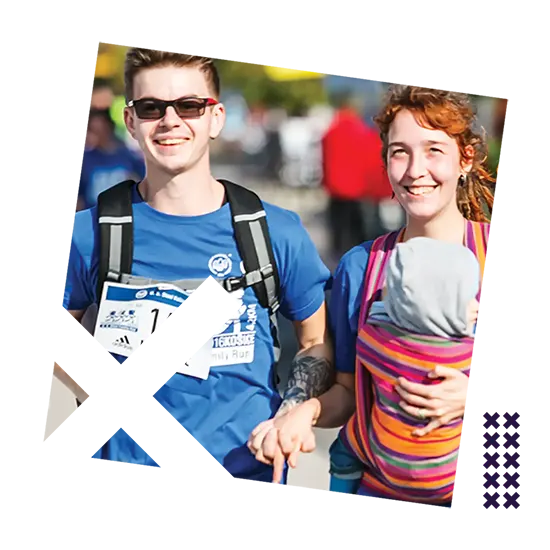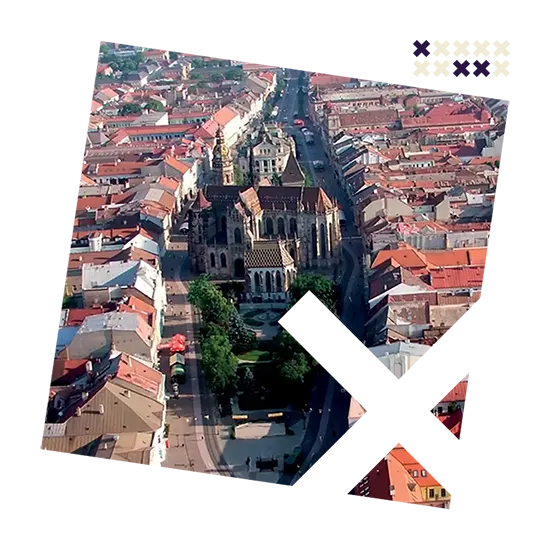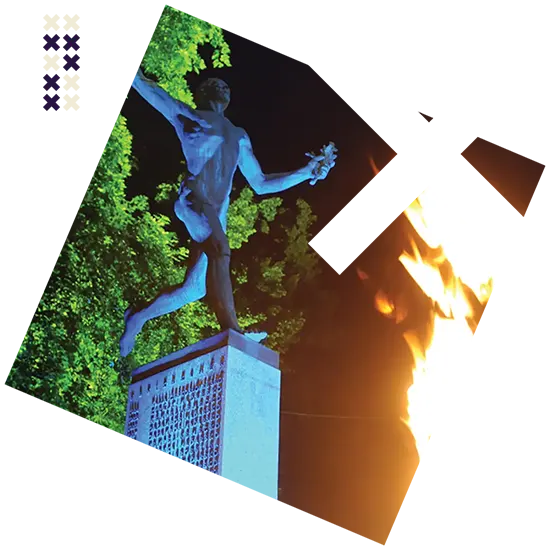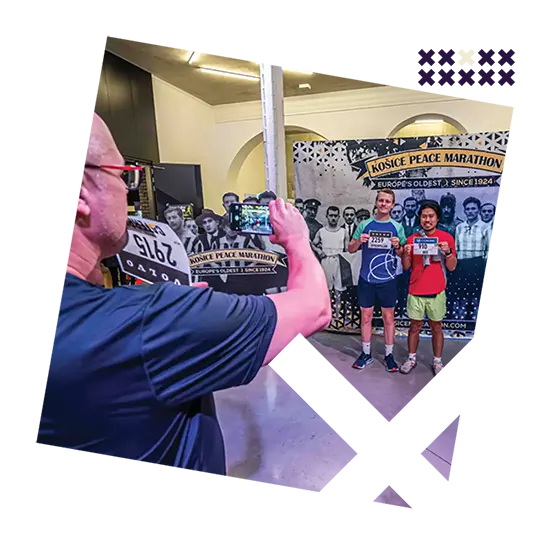WE ARE
FIRST
Visit the first European marathon that reached its centenary. The oldest marathon of the old continent was accompanied by many outstanding successes in the period 1924-2024, and even today it is among the best and most attractive in the world. Convince yourself of this and run a marathon appreciated for its rich history, great organization and unique atmosphere.
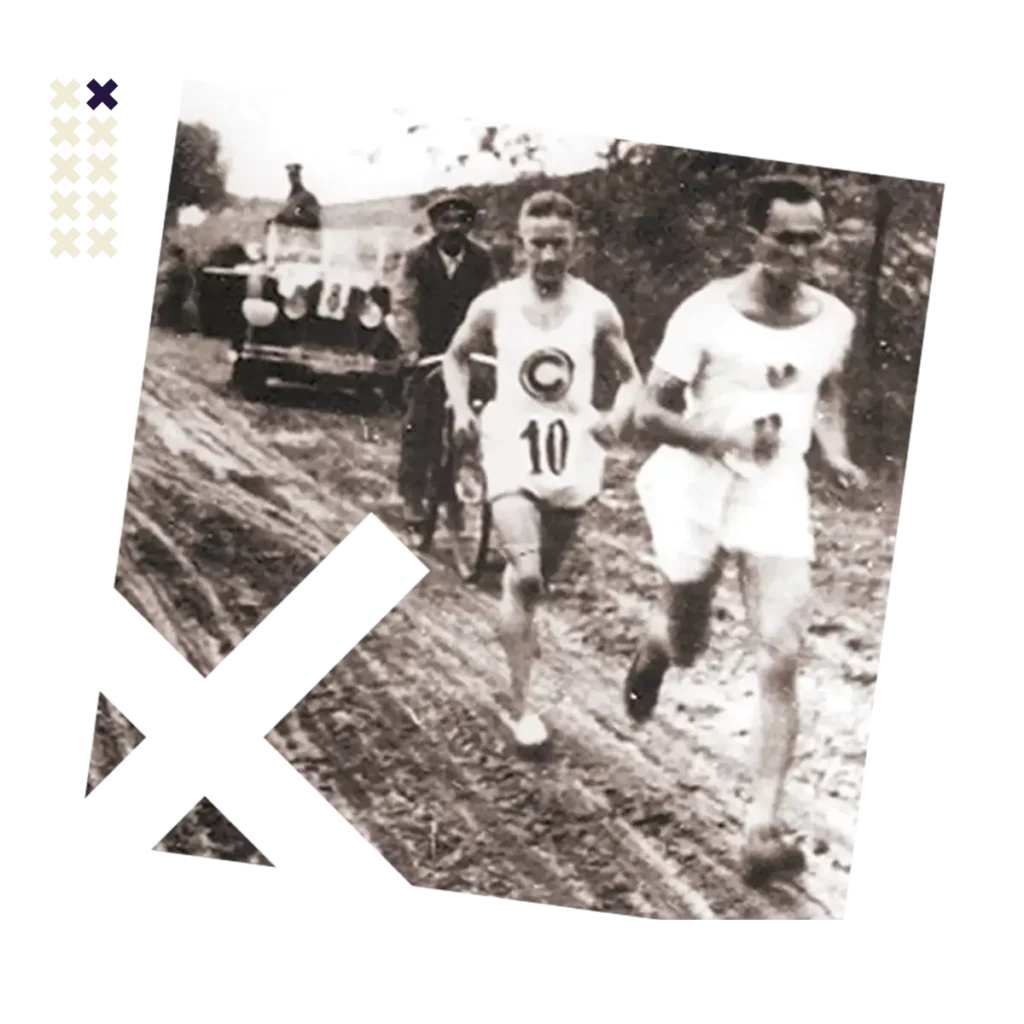
UNIQUE
PRIMACIES
Visit the first European city that achieved municipal coat of arms in 1369. And the present is also attractive. In 2013, Košice won the title of European Capital of Culture, and the marathon itself was also awarded. He received the World Athletics Heritage Plaque from the hands of Sebastian Coe for his long-term contribution to the development of world athletics.
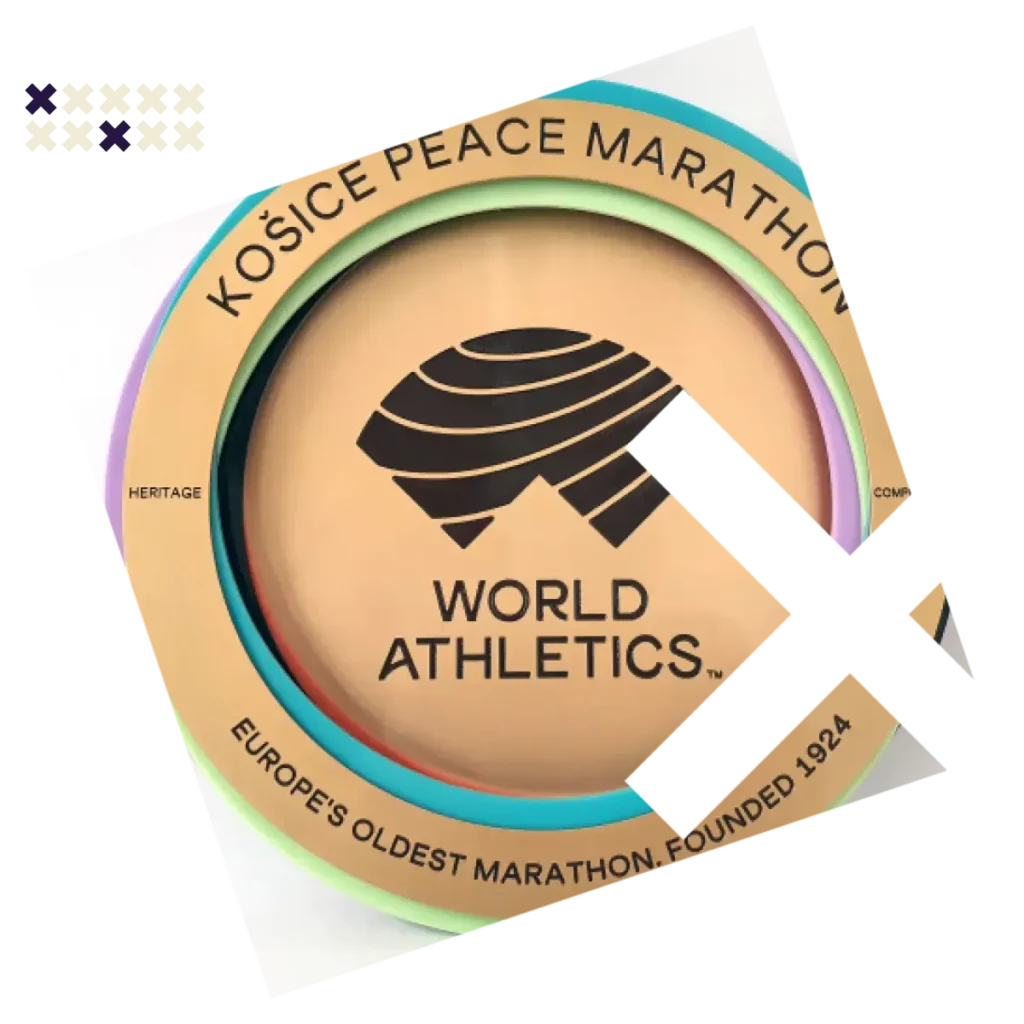
BACK
TO 1380
Experience the moment of peace in the easternmost Gothic cathedral in Europe, established in 1380. Saint Elizabeth’s Cathedral is a dominant part of the great slovakian historical monument reservation of incalculable value.
WHERE MODERN
MARATHON WAS BORN
You will find yourself in the city where tens of thousands spectators have been cheering for marathon since 1924, where olympic champions conquered the course at the time most of us even hadn’t been born yet. Only Boston experienced more.
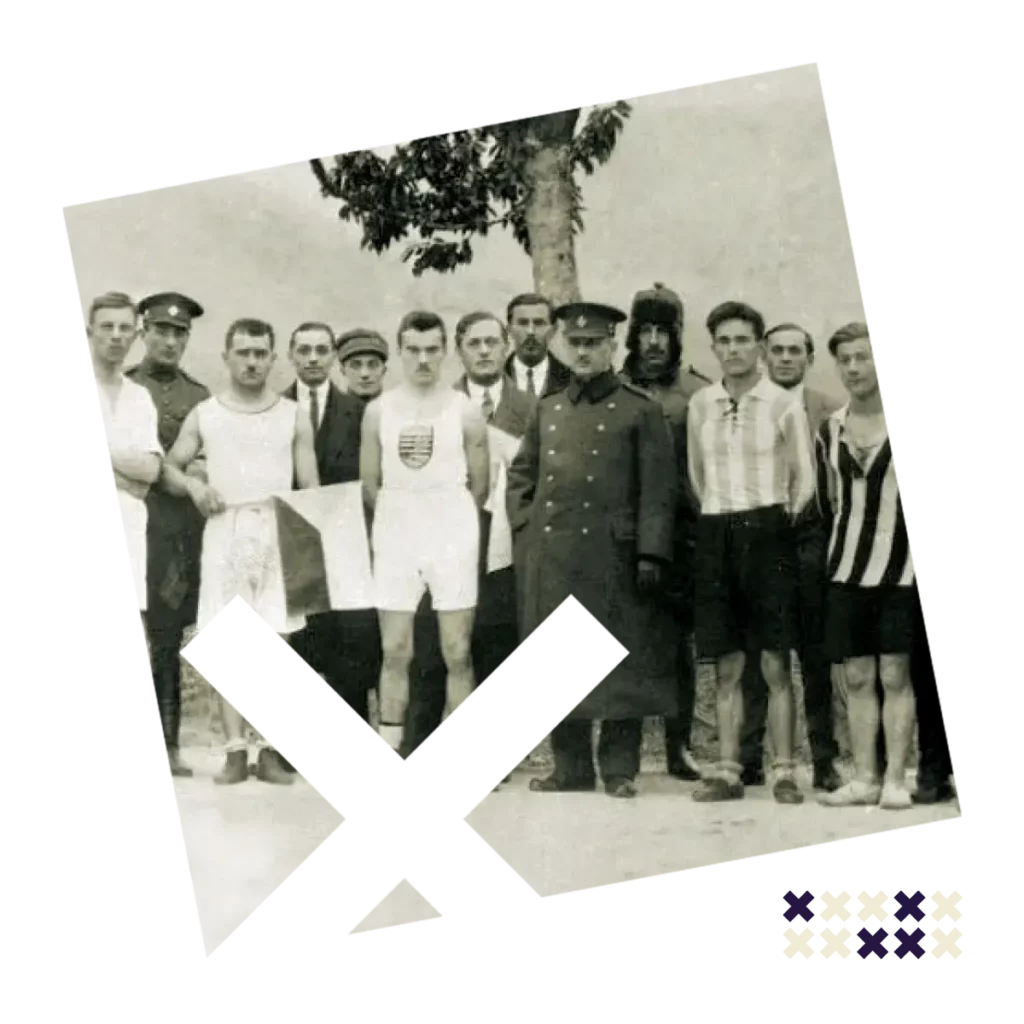
THE WINNERS
GALLERY
Stay awhile and visit the unique statue of the Marathon Runner. Engraved in bronze you can read names of all Košice winners out of which many were worldwide known champions.
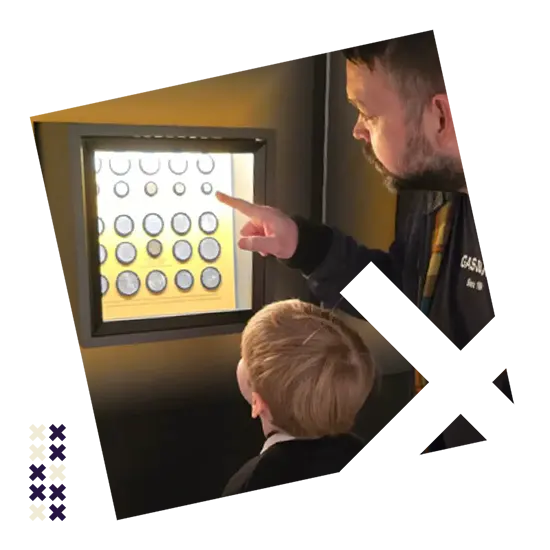
ENJOY
KOŠICE
Days before the marathon start all the runners and tourists are absorbed by the city atmosphere, museums, galleries, cultural events and pulsing nightlife. Pubs and restaurants with local and world delicacies, great beer or tasty vine will enchante you.
PERFECT
COURSE
On Sunday all the athletes will be enjoying one of the world’s fastest courses originaly designed for IAAF World Half marathon Championships in 1997. You will run in the footsteps of marathon legends with a good chance to improve your personal best.
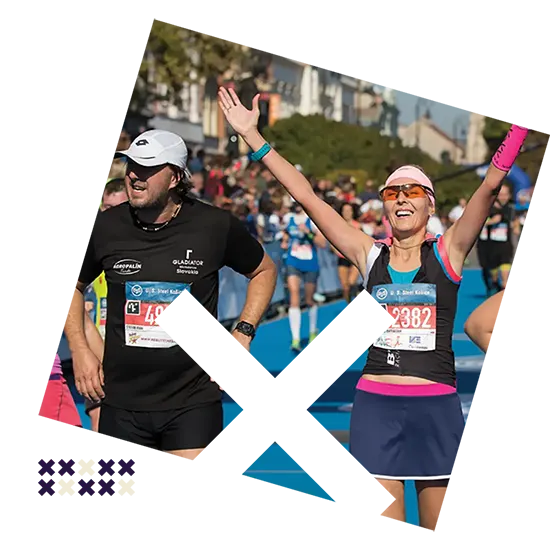
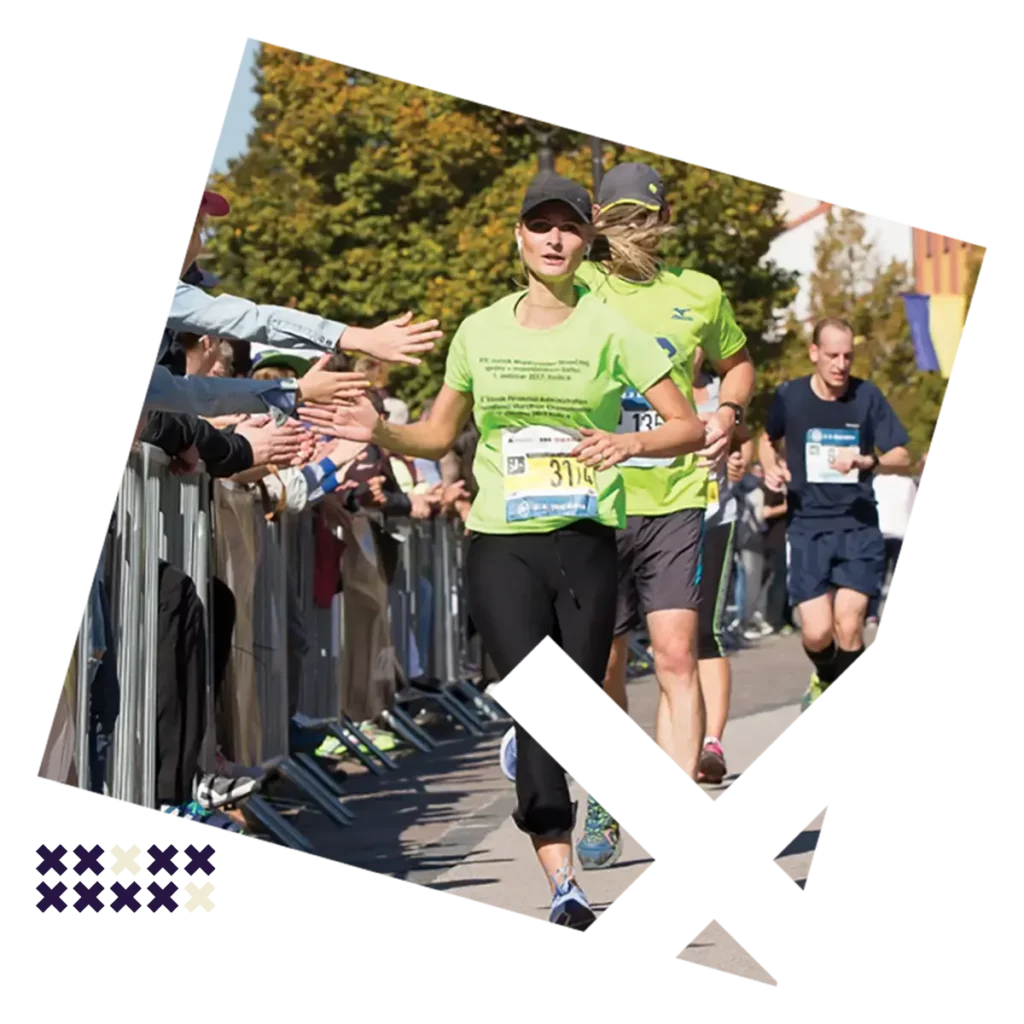
ECSTATIC
ATMOSPHERE
The atmosphere is electrifying. One can’t find a lot of other world marathons where almost each 3rd citizen is out on the street and applauding. The spectators are the true gem of this event who will make also your experience unforgettable. Generations of Košice citizens understand and deeply love marathon.
EVERYTHING
WITHIN REACH
One of the very pleasant features of Košice Marathon is a fact that all the key points are close together. From the registration desks to the start gate, from the finish line back to Expo with showers or your hotel room. Most of these crucial locations are situated near at hand.
FAMILY
MARATHON
If you are not a self-traveler but looking for some family trip, the cultural and historical monuments, comfortable hotels and variable accompanying running disciplines may be the perfect match for you.
